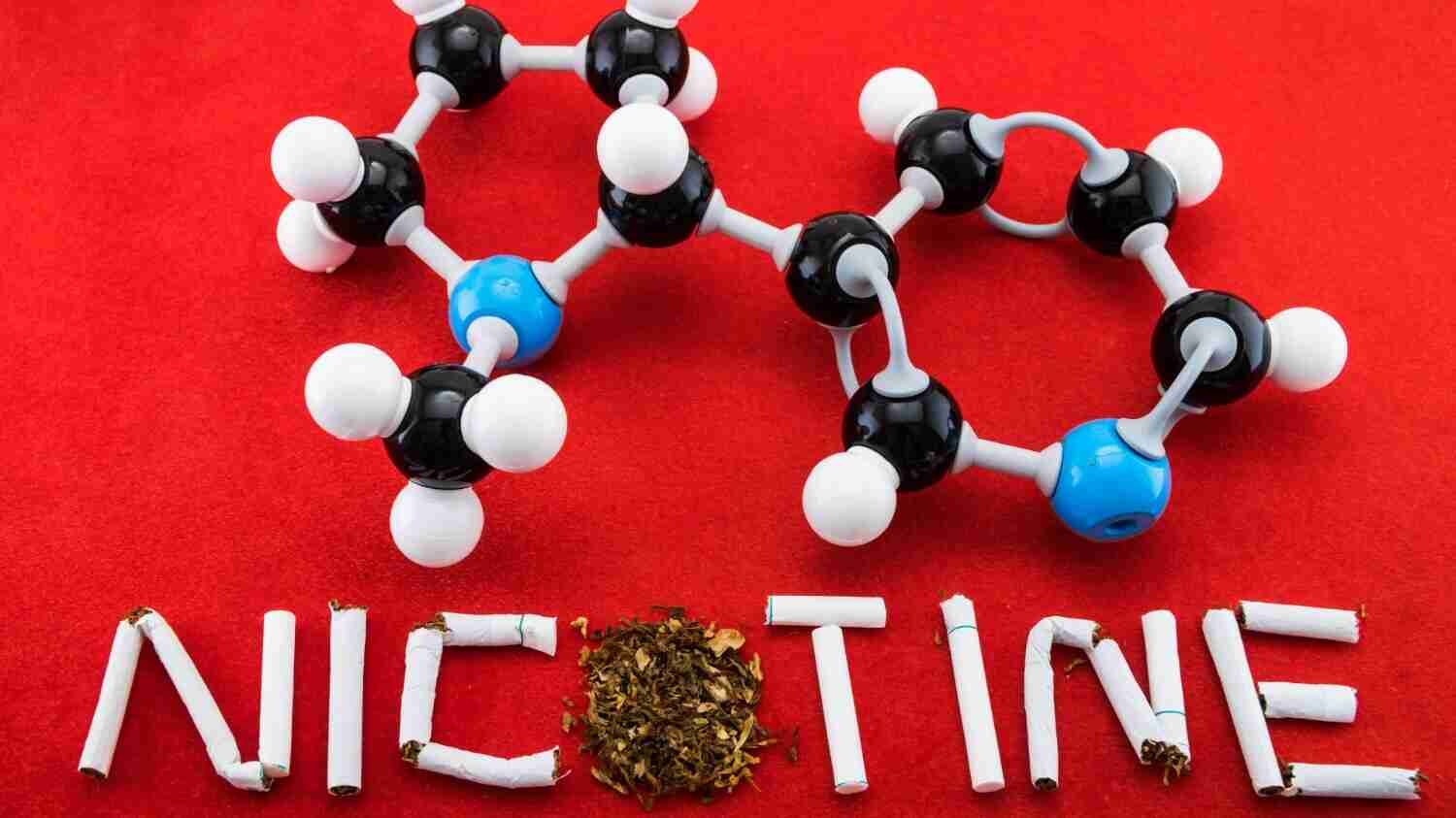You already know that smoking causes lung cancer, but did you realize that it also causes heart disease, stroke, and other chronic diseases? Smoking raises the chances of bladder, throat, mouth, kidney, cervix, and pancreatic cancer. According to multiple research papers, nicotine is a stimulant contained in tobacco plants, which is one of the most widely used narcotics in the United States, and it’s just as addictive as cocaine or heroin.
While nicotine is legal all over the world, it is now unlawful to sell or distribute nicotine-containing goods to anybody under the age of 21.
If you are addicted to nicotine, you can get your checkup done via Ocean Recovery. There are medical professionals present there well-suited to cater to your needs.
Nicotine Addiction-Overview
Nicotine is highly addictive, and when used consistently, your body and mind learn to expect a specific quantity of nicotine each day, and withdrawal symptoms can be severe if you don’t receive it.
Nicotine tolerance develops fast, requiring more to have the desired effect. This is one of the reasons quitting smoking is so difficult.
Nicotine is absorbed mostly by the lungs, as well as the mouth and throat membranes. It can also be absorbed via your skin if you use a nicotine patch or through your gastrointestinal system.
Nicotine is mostly processed in the liver and eliminated by urine, kidneys, and feces. Many factors influence how long nicotine lingers in your system, including your age and weight, the sort of nicotine product you take, the frequency with which you use it, and your hydration and physical activity levels.
Nicotine is a highly addictive chemical present in cigarettes, pipes, cigars, chewing tobacco, snuff, hookahs, e-cigarettes, and other vaping devices, among other tobacco products.
Nicotine activates the same reward pathways in the brain as other drugs like cocaine and amphetamines, albeit to a lower extent. In addition, nicotine raises the amount of dopamine in the brain, a neurotransmitter responsible for emotions of pleasure and well-being, according to research.
People may get jittery and anxious when the level of nicotine in their blood declines. However, nicotine’s immediate effects wear off in minutes; thus, smokers must keep dosing themselves throughout the day to retain the pleasant benefits of nicotine and avoid nicotine withdrawal, which produces a variety of physical and psychological symptoms.
What Does Nicotine Do?
When a person inhales cigarette smoke, the nicotine quickly enters the bloodstream and begins to impact the brain within 10 seconds. Nicotine causes a series of chemical events in the brain, resulting in momentary emotions of pleasure and focus. However, these feelings are fleeting, lasting only a few minutes.
Catecholamines, such as the adrenaline hormone, are released during these chemical processes. Adrenaline raises heart rate and blood pressure on a physical level. As a result, the person may suffer quick, shallow breathing and a racing heartbeat due to this. Adrenaline also instructs the body to excrete any extra glucose from circulation. Nicotine also suppresses appetite and may play a role in weight loss in various ways.
Nicotine Side Effects
- Tar does not refer to a single chemical; instead, it refers to a group of compounds found in tobacco smoke. It sticks to your lungs, teeth, and fingernails, leaving a sticky brown residue.
- Arsenic is a chemical that is used to preserve the wood. Lung, skin, liver, and bladder cancers have all been related to arsenic chemicals.
- Rubber is made from the chemical 1,3-butadiene. It is a carcinogenic substance that has been linked to the development of some blood cancers.
- Benzene is a chemical that is used to make other compounds. In humans, it can cause cancer, notably leukemia.
- Alloy metals, paint, and colors all contain chromium VI. Chromium VI compounds have been linked to lung cancer and nose and nasal sinuses cancer.
- Cadmium is a metal that is utilized in the production of batteries. Cadmium and cadmium compounds have been linked to lung cancer, as well as kidney and prostate cancer.
- Other chemicals and resins include formaldehyde. It’s also used to keep food fresh. However, in respiratory tissues, formaldehyde induces leukemia and cancer.
Treatment Options
- People who want to quit using nicotine may find cognitive-behavioral therapy a helpful treatment. A therapist will help you identify your triggers for using nicotine products during a CBT session and teach you appropriate coping techniques to use instead.
- Another therapeutic strategy is motivational interviewing, in which a counselor helps you become more motivated or inspired to achieve your objective of quitting smoking. They’ll assist you in answering critical questions like what is obstructing you from quitting or how you are trying to quit, etc.
- A counselor teaches you how to remove yourself from nicotine cravings during a mindfulness session. Instead of giving in to your desires and urges to smoke, mindfulness activities can help you learn to endure them.
Expert Opinion!
There have been studies demonstrating favorable benefits of nicotine, such as lower stress and greater thinking. The stimulant’s promise in preventing cognitive decline into Alzheimer’s disease, delaying Parkinson’s disease development and treating ADHD and schizophrenia.
Despite this, health experts continue to warn about the hazards of nicotine, particularly in teenagers whose brains are still growing. Nicotine has an effect on the areas of the brain involved in attention, memory, learning, and brain plasticity. While cigarettes are becoming less popular, vaping and e-cigarettes are becoming more popular. E-cigarettes are threatening to make a whole new generation addicted to nicotine.
Say NO To Nicotine!
Now that you have found out how nicotine can hamper your health paradigm, it’s time you put a stop to that. We know it seems tough, but there are therapy options available that can help you cope with the urges and commit to your sobriety. If you think you cannot do it, you are absolutely wrong. In fact, all of you can withdraw from nicotine addiction, and if you need professional help, it’s available too. Hence, if you want to know more about it, ping us in the comment section below. We will come back to you with an answer in no time.






